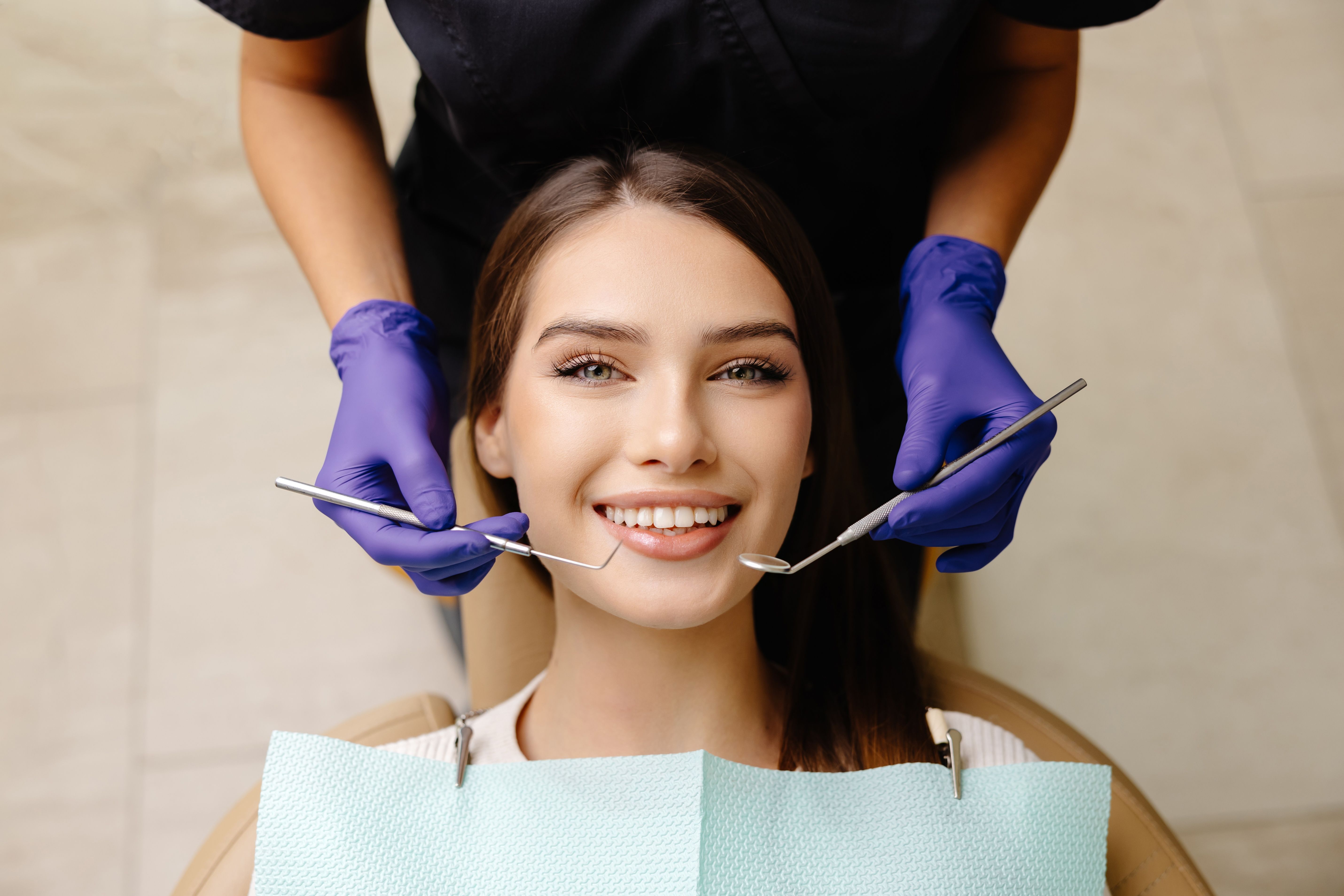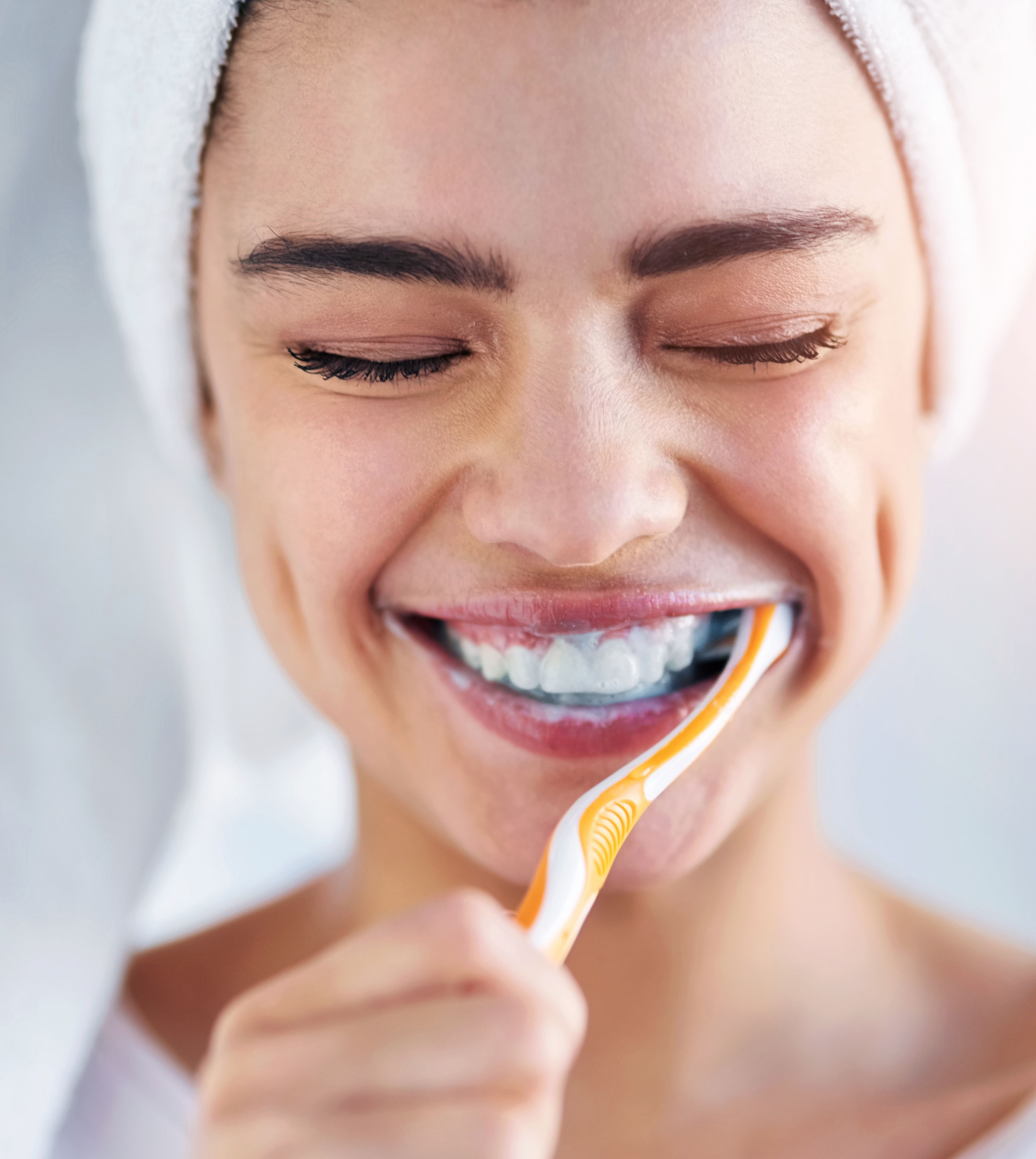Hormonal Changes and Their Impact on Oral Health for Women Over 40
The Connection Between Hormones and Oral Health
As women age, hormonal changes become a significant aspect of their health. These changes can have various effects on different parts of the body, including oral health. For women over 40, understanding how hormones impact dental health is crucial for maintaining a healthy mouth and a confident smile.
Hormonal fluctuations can lead to changes in the gums, teeth, and overall oral environment. These changes may increase the risk of certain dental conditions, making it essential for women to stay informed and take proactive steps in their oral care routine.

How Menopause Affects Oral Health
Menopause is a natural biological process that marks the end of a woman's reproductive years. It brings about a significant drop in hormone levels, particularly estrogen. This decrease can have several impacts on oral health:
- Dry Mouth: Reduced saliva production can lead to dry mouth, increasing the risk of cavities and gum disease.
- Gum Sensitivity: Hormonal changes can cause gums to become more sensitive, leading to inflammation and discomfort.
- Bone Loss: Lower estrogen levels can contribute to bone loss, affecting the jawbone and potentially leading to tooth loss.

Hormonal Influence on Gum Health
Hormonal changes during menopause affect gum health significantly. Women may experience swollen, tender gums that bleed easily. This condition, known as menopausal gingivostomatitis, is a result of hormonal fluctuations and requires special attention.
Maintaining good oral hygiene practices, such as regular brushing and flossing, can help mitigate these symptoms. Additionally, visiting a dentist for regular check-ups is vital to ensure any issues are addressed promptly.
Addressing Oral Health Concerns
Women over 40 should be proactive about their oral health by discussing any concerns with their dentist. Here are some steps to consider:
- Schedule regular dental visits for professional cleanings and check-ups.
- Use fluoride toothpaste to strengthen tooth enamel and prevent decay.
- Consider using a saliva substitute if experiencing dry mouth.
- Maintain a balanced diet rich in calcium and vitamin D to support bone health.

The Role of Diet and Nutrition
A balanced diet plays a crucial role in managing oral health during hormonal changes. Consuming foods rich in calcium, such as dairy products, leafy greens, and almonds, can help maintain strong teeth and bones. Vitamin D is also essential as it aids in calcium absorption, supporting overall oral health.
Limiting sugary snacks and drinks can reduce the risk of cavities and other dental issues. Staying hydrated is equally important, as it helps maintain saliva production which protects against tooth decay.
Managing Stress for Better Oral Health
Stress can exacerbate hormonal changes and impact oral health negatively. Practices such as yoga, meditation, or regular physical activity can help manage stress levels. Reducing stress not only benefits overall well-being but also supports better oral health by minimizing habits like teeth grinding or jaw clenching.
By understanding the impact of hormonal changes on oral health, women over 40 can take targeted steps to maintain their dental health and embrace this stage of life with confidence.

